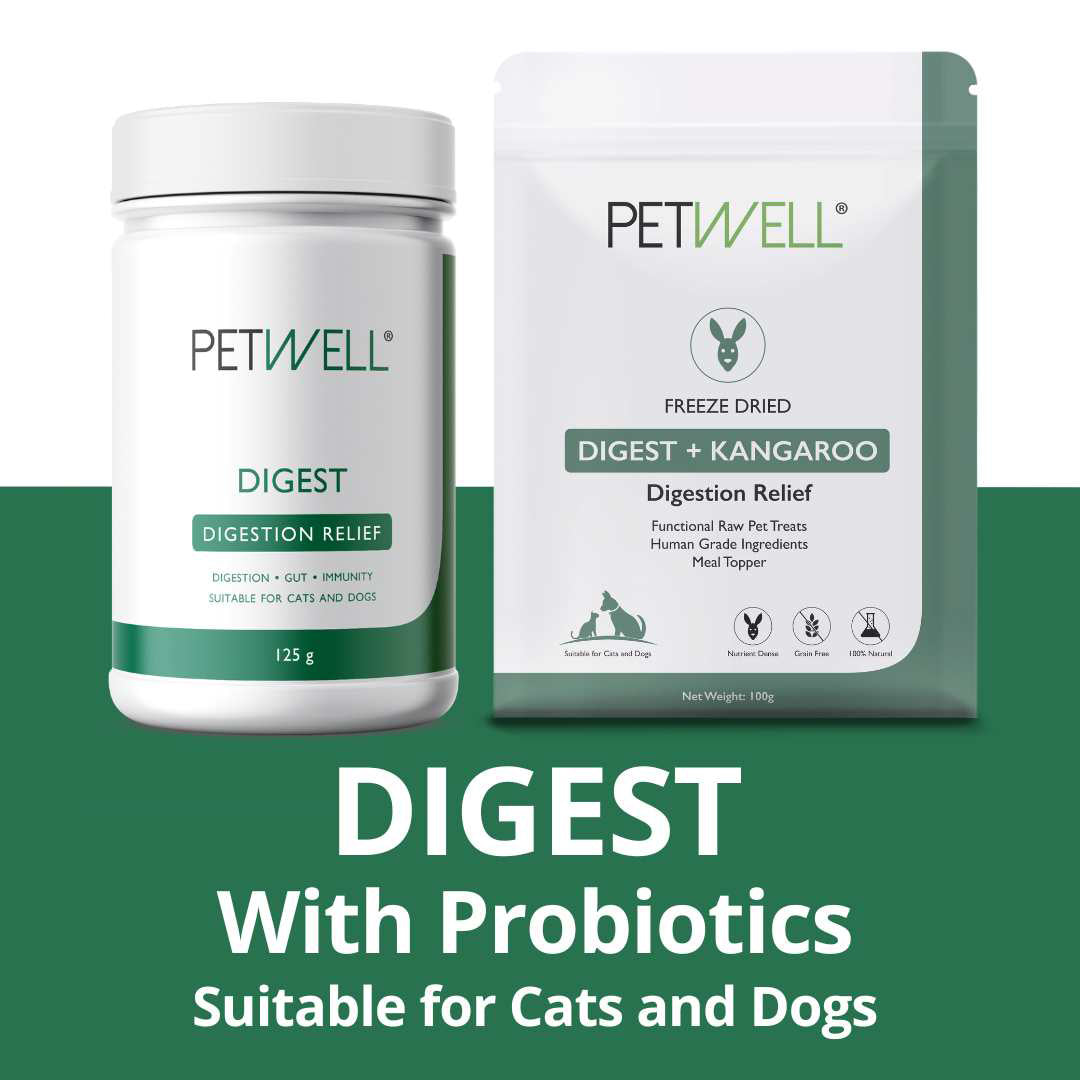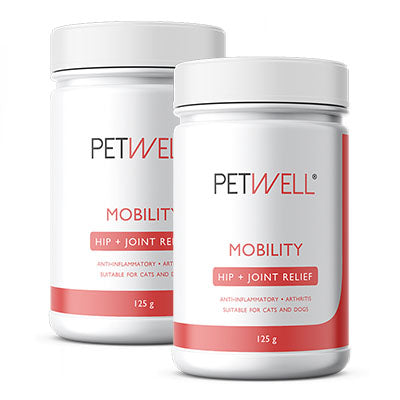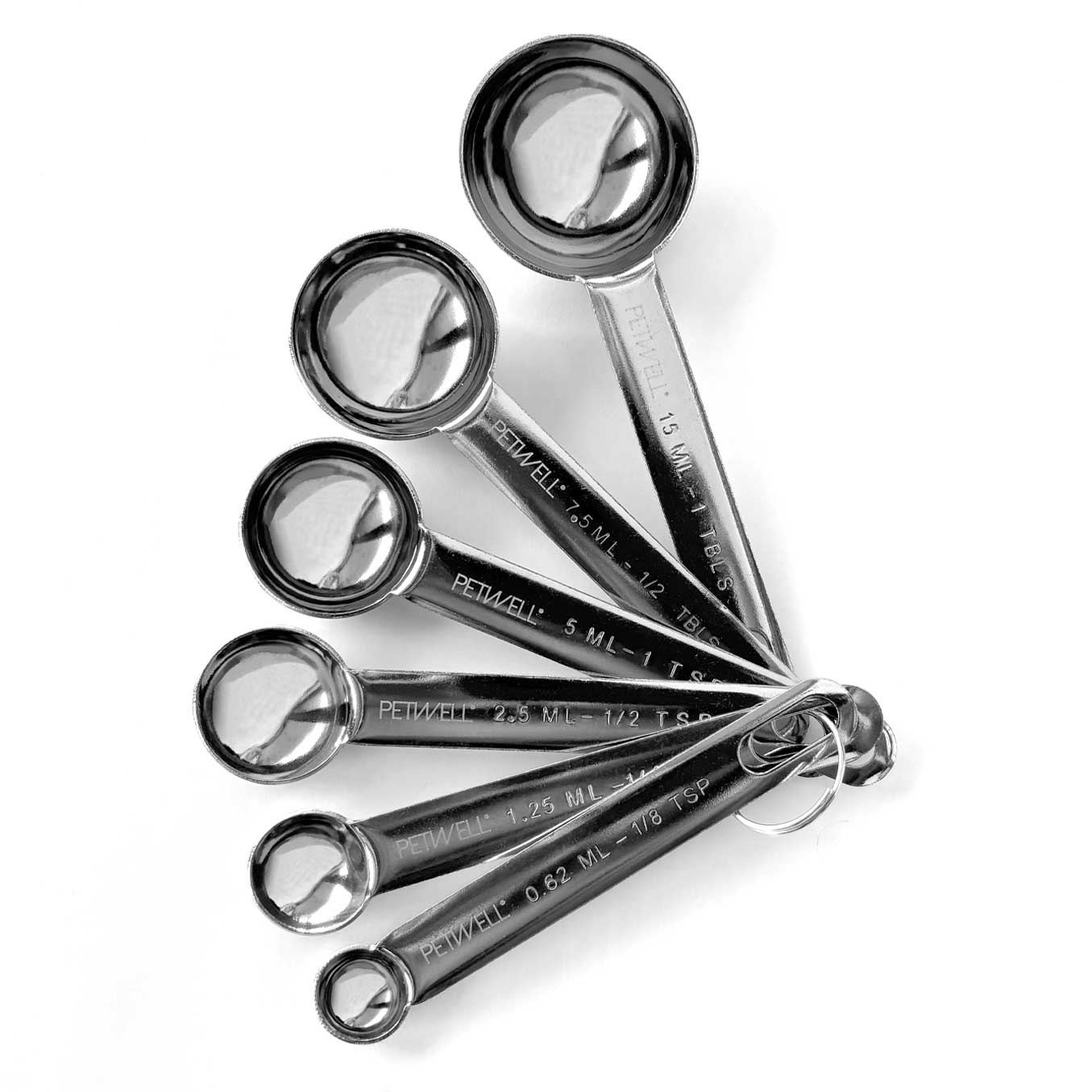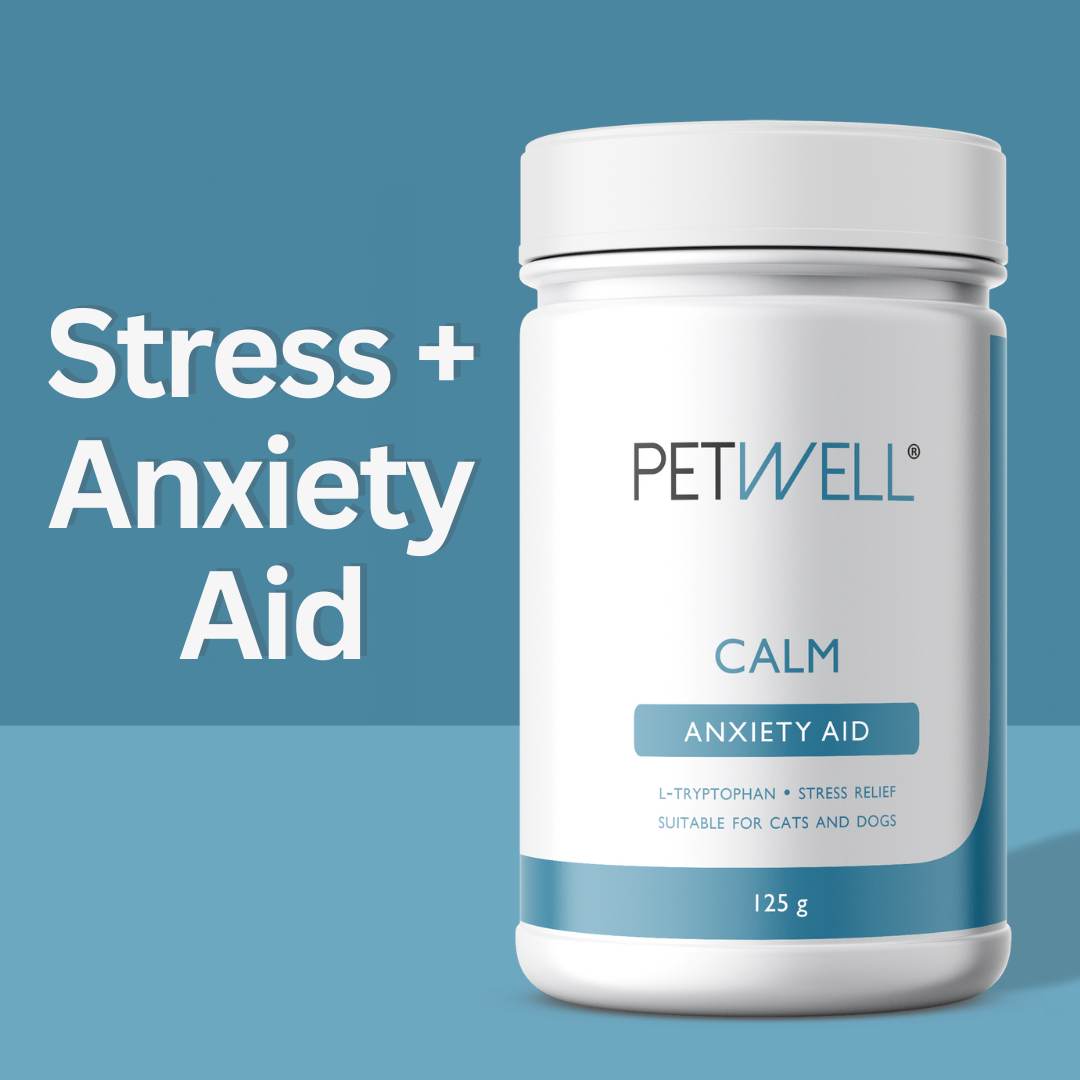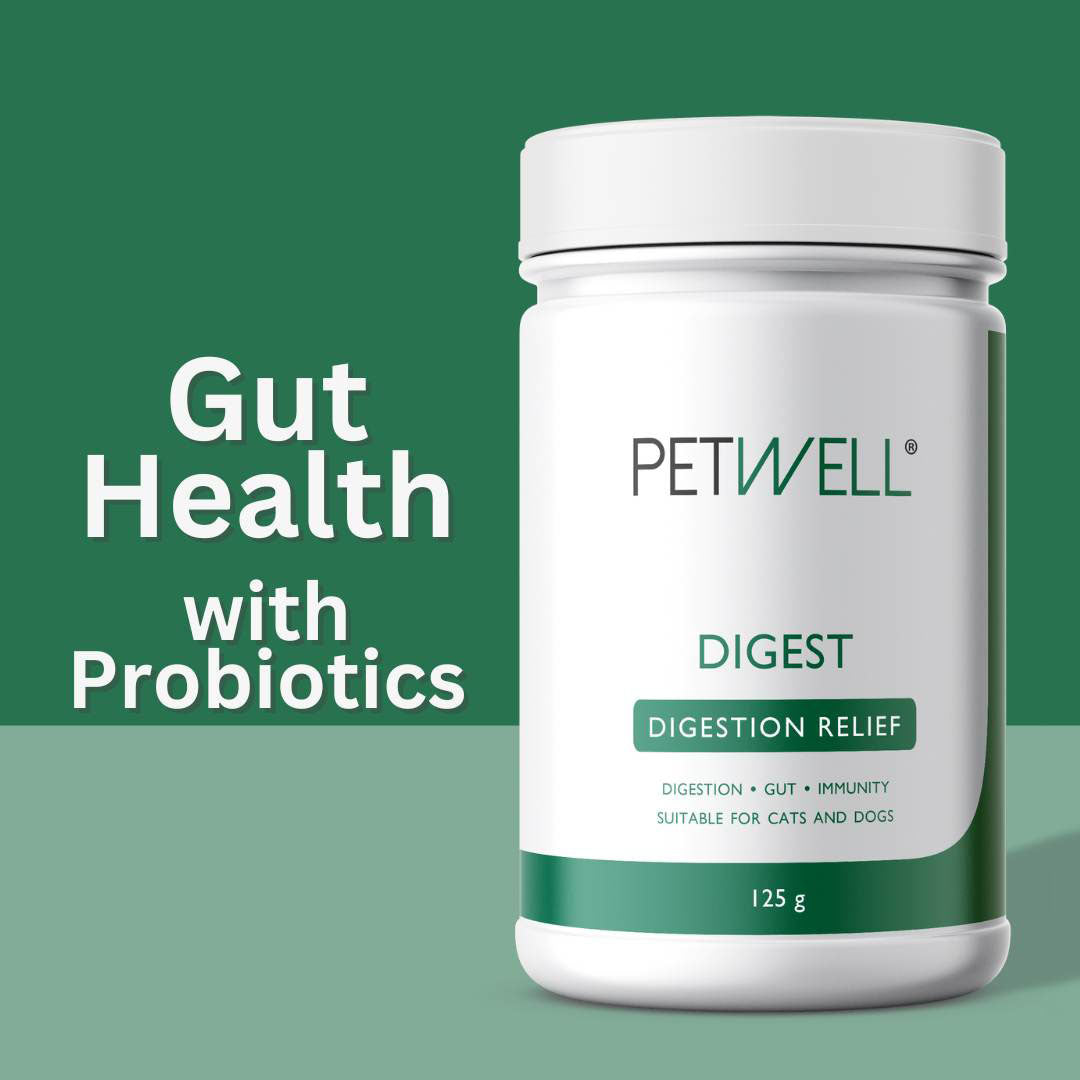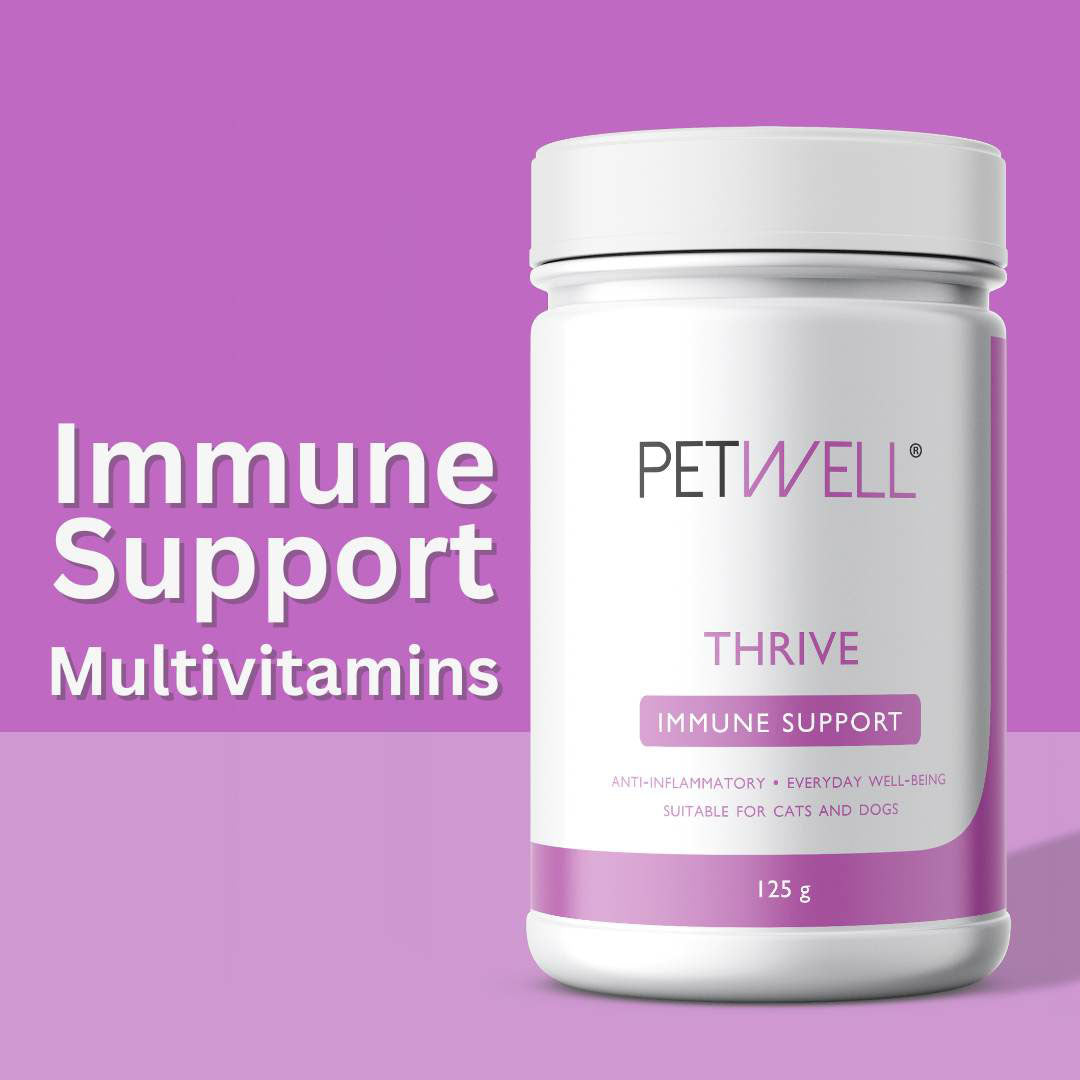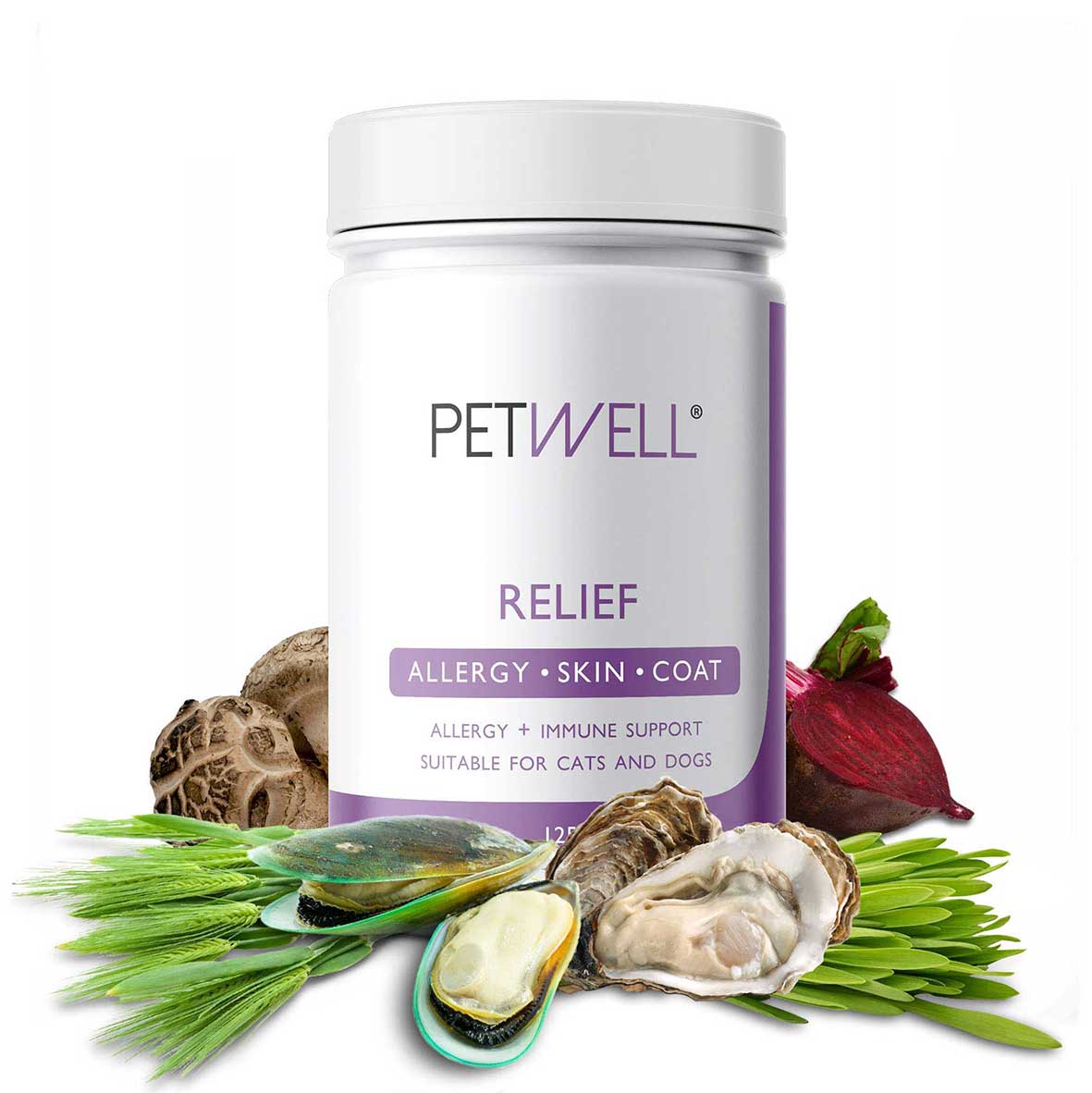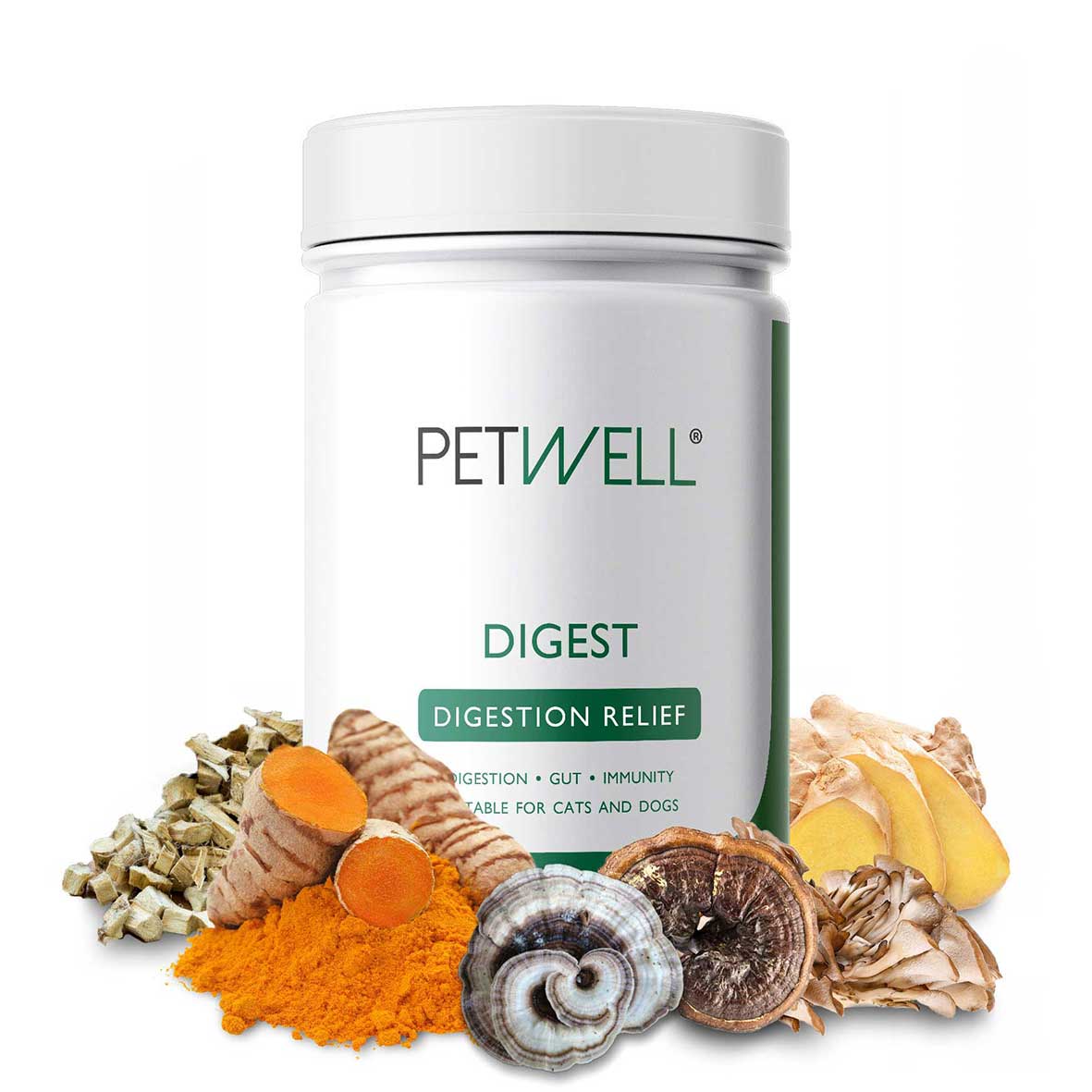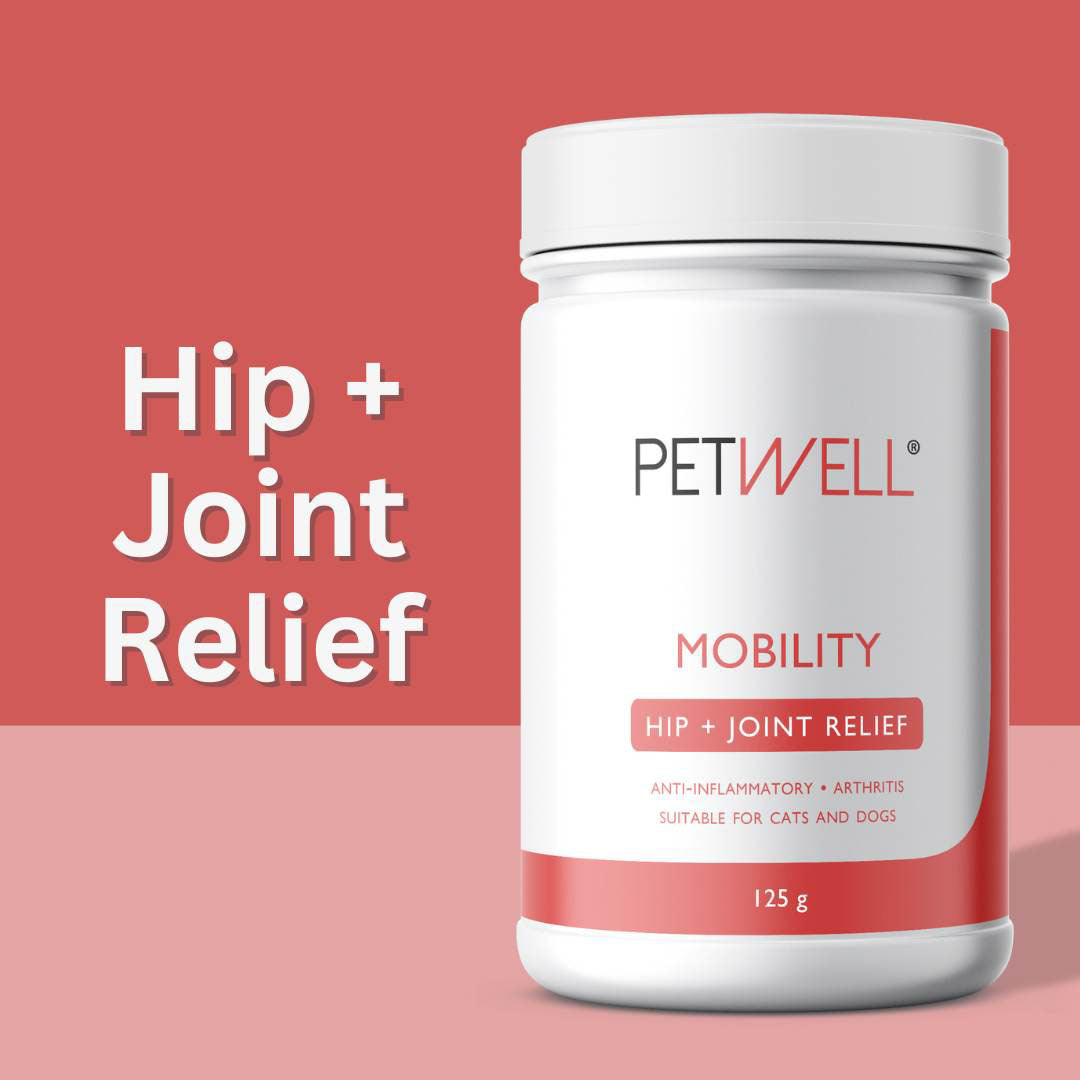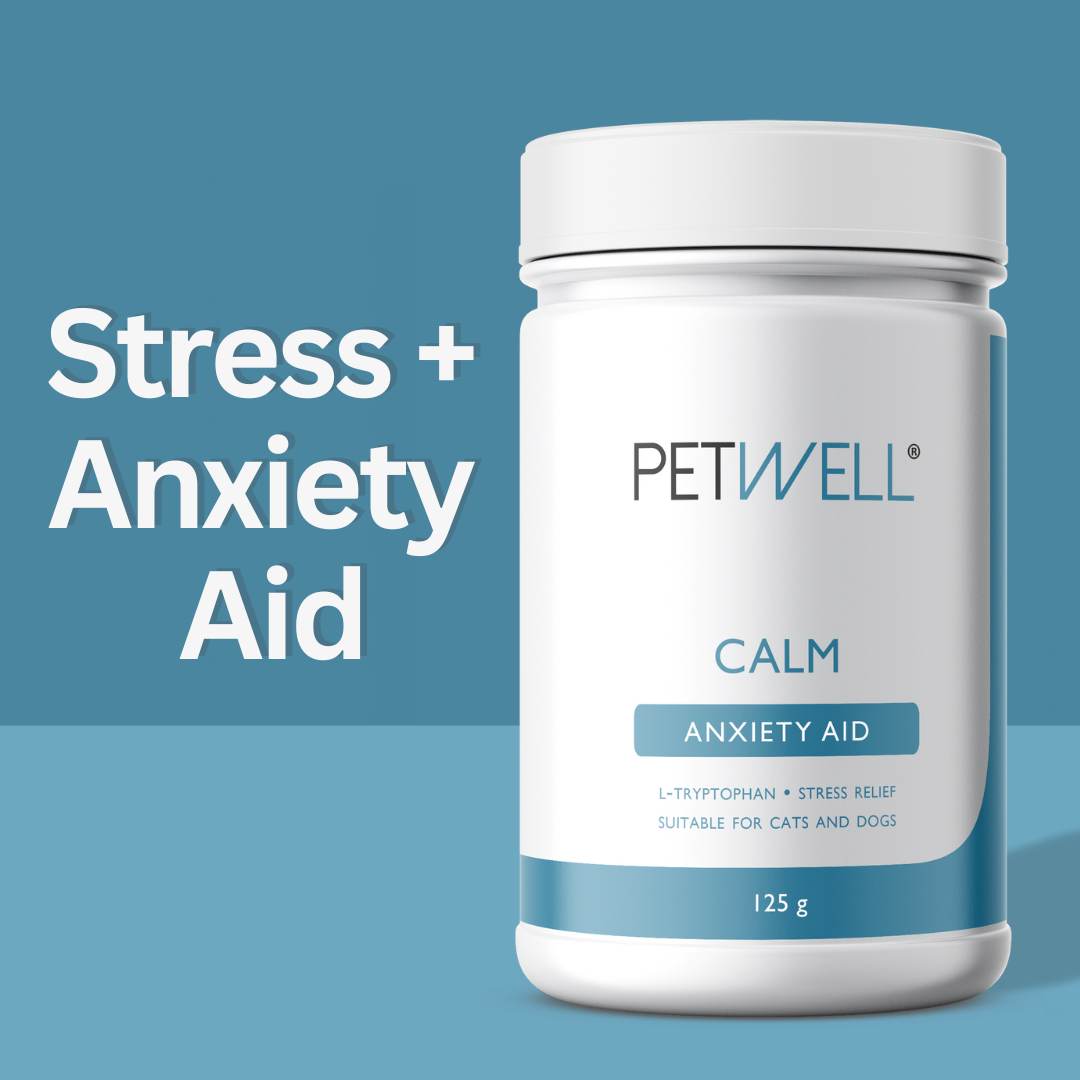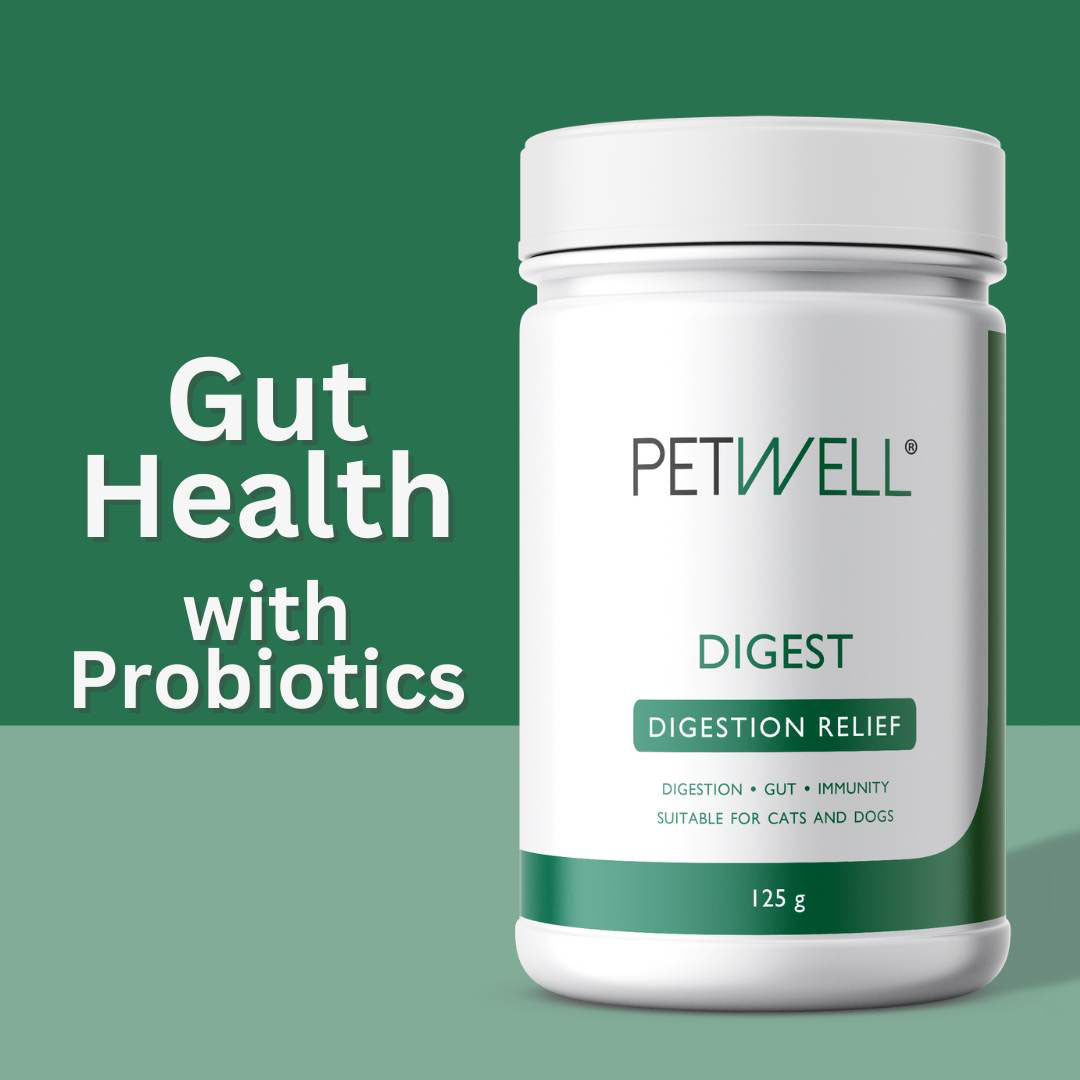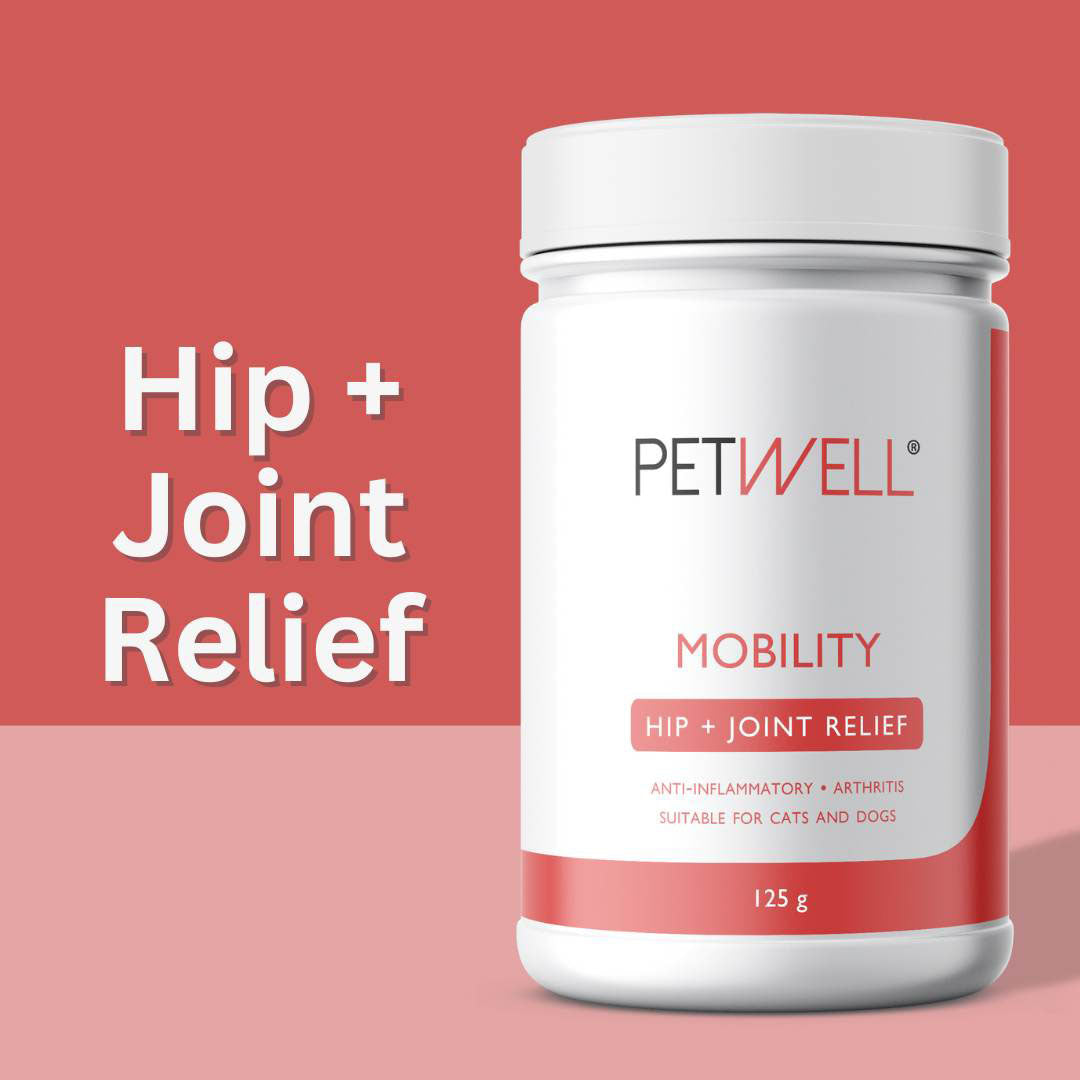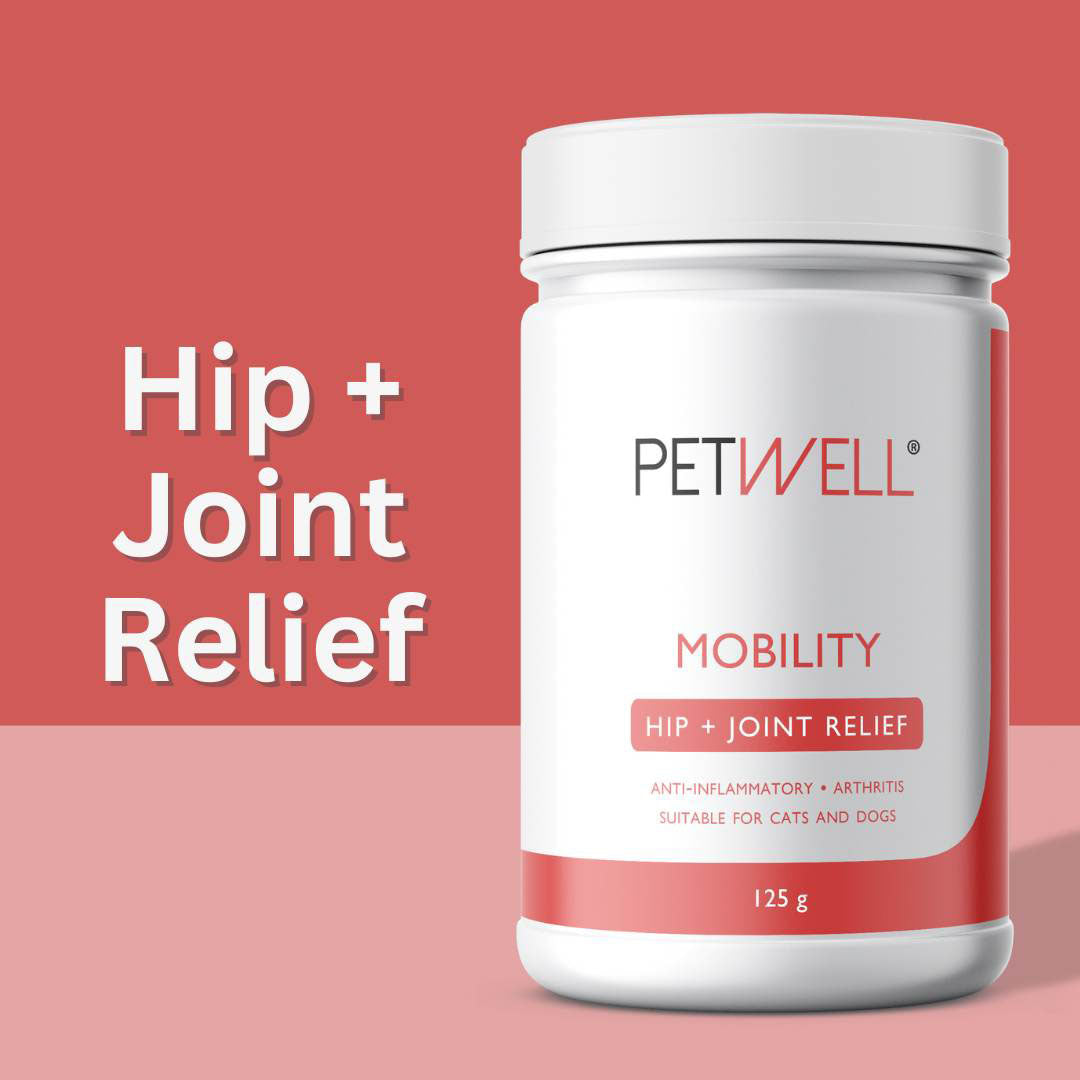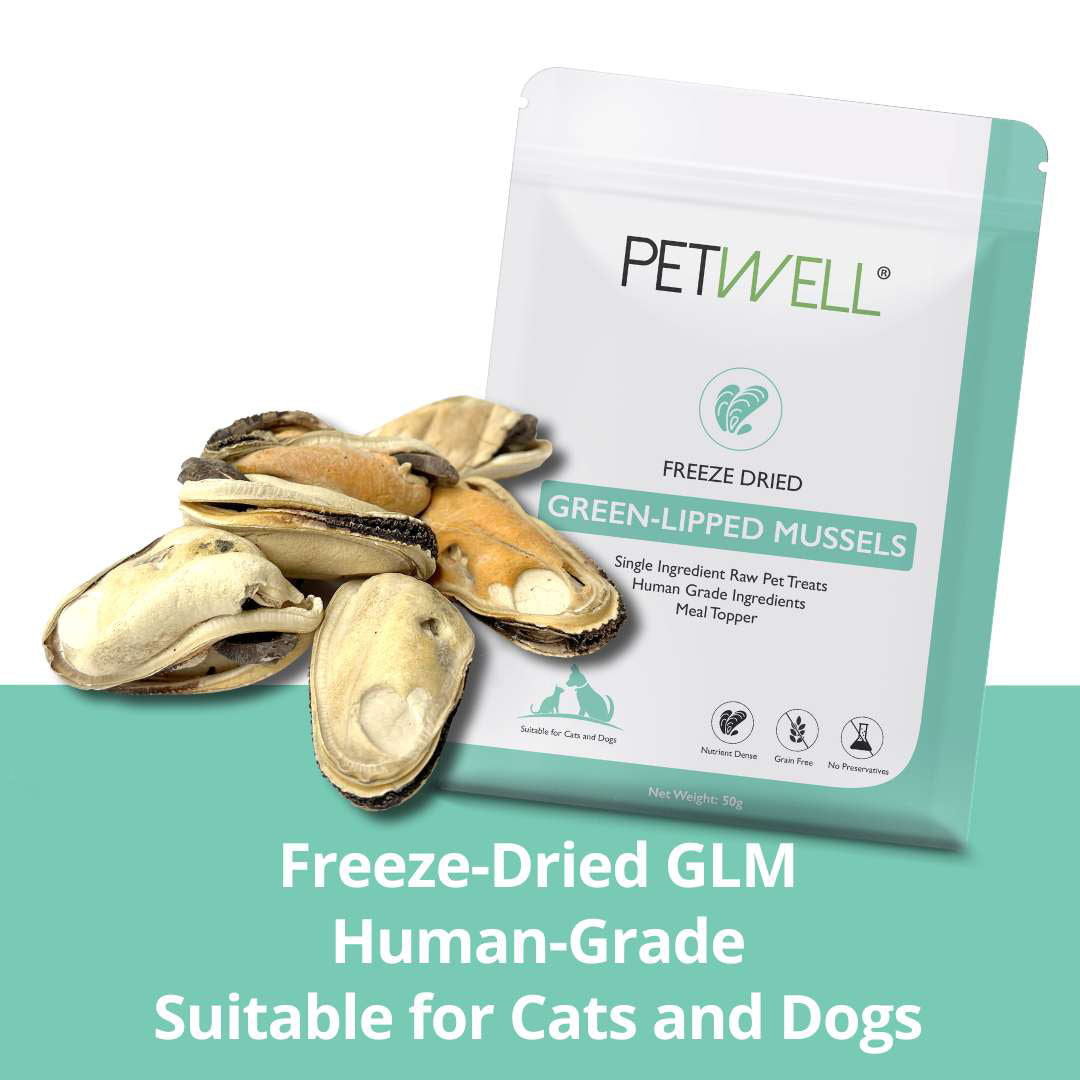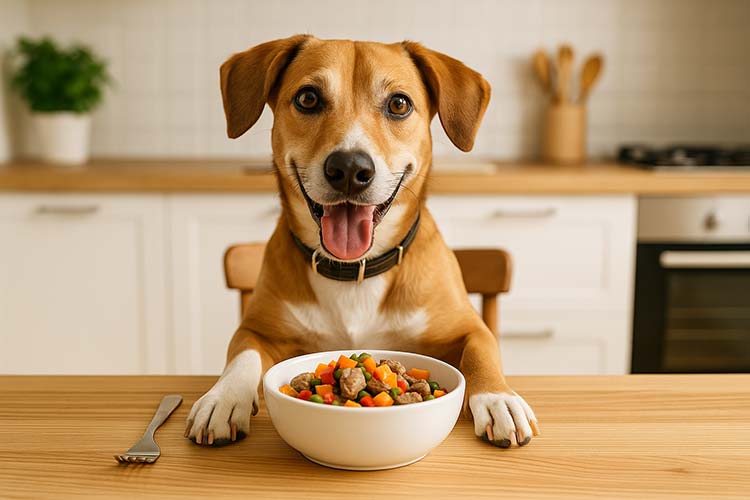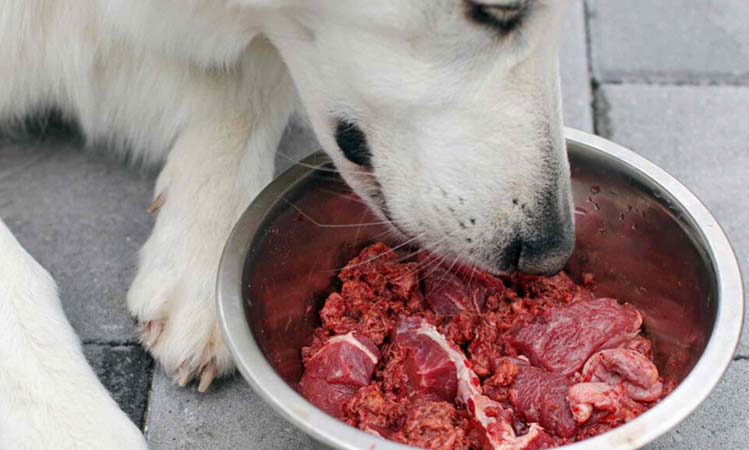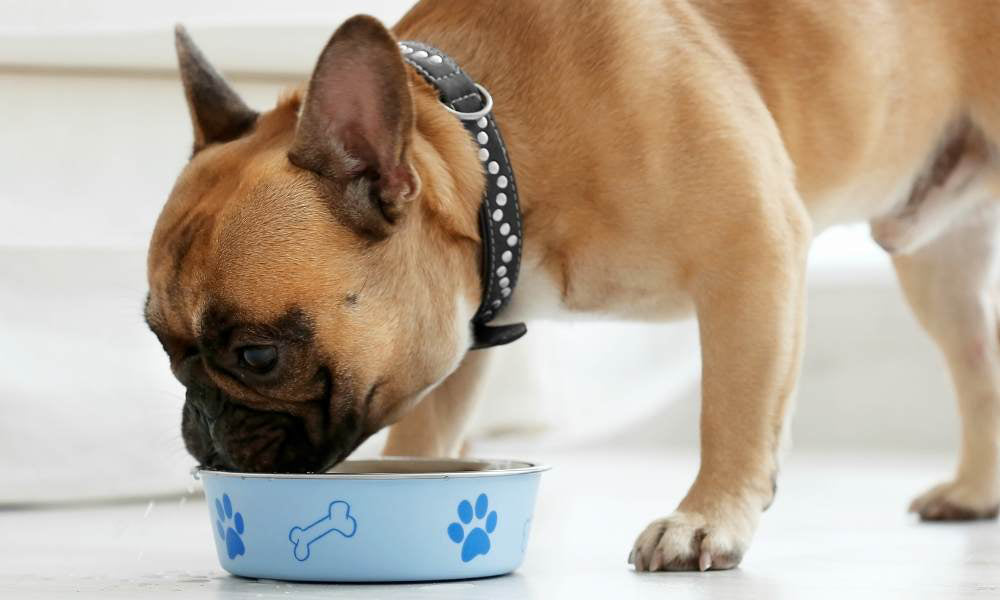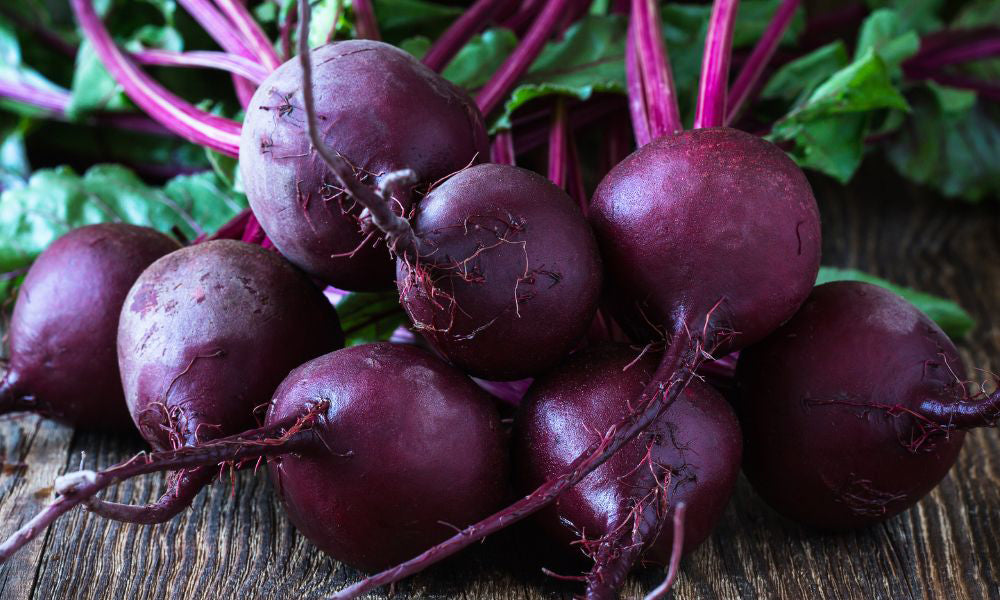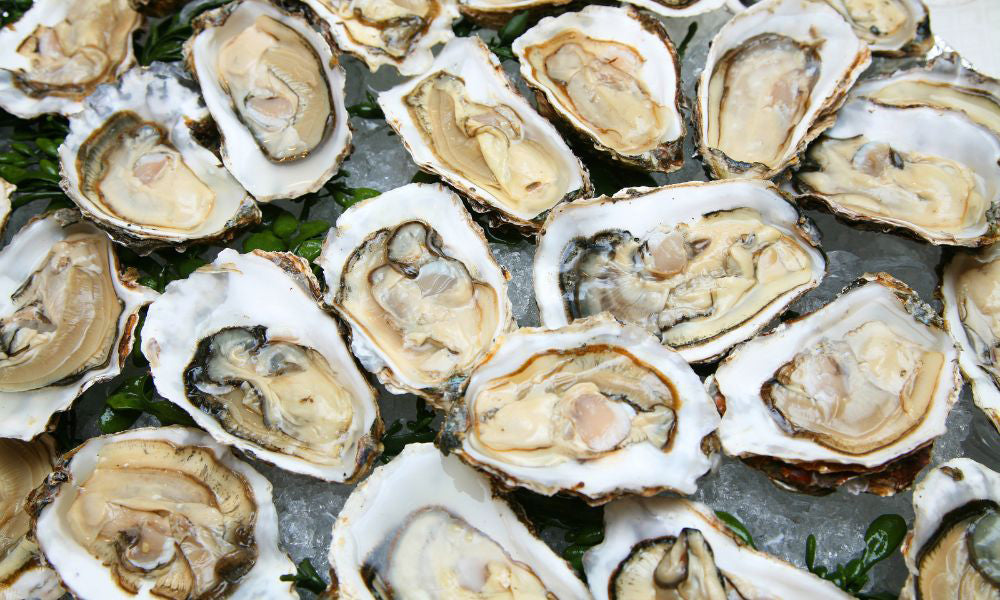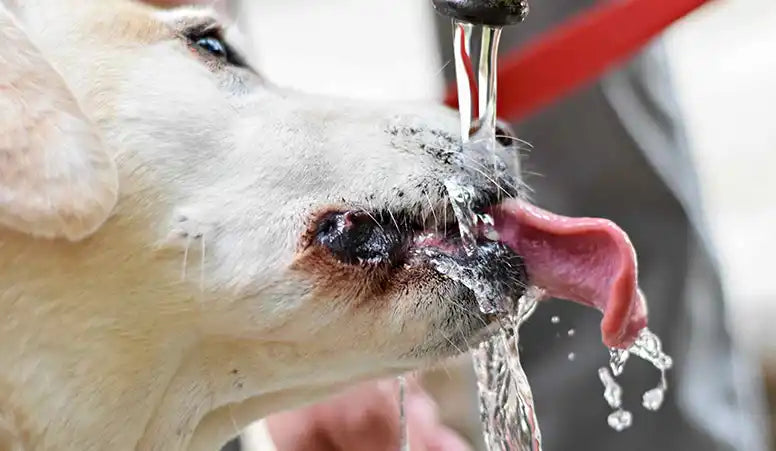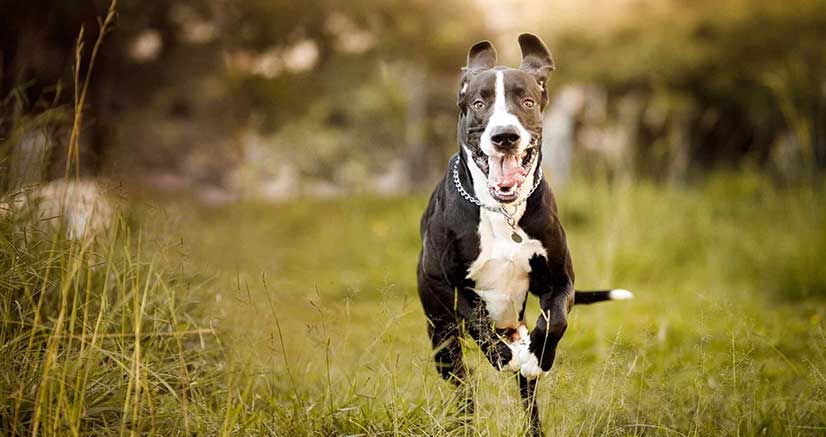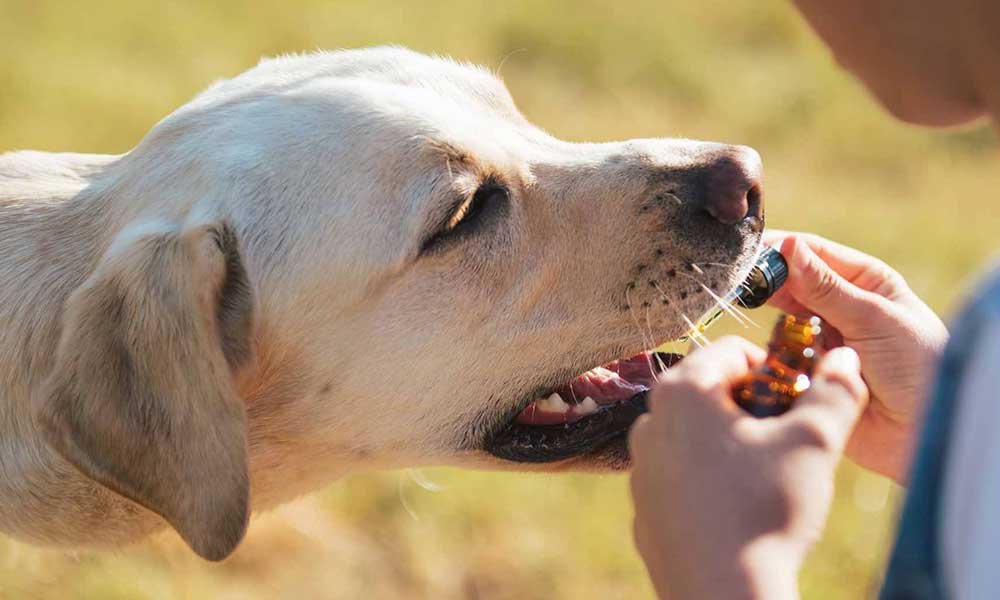Many people ask "Can dogs eat apples?" We know apples are a healthy treat for humans, but what about our fur babies? Apples are a great source of vitamins C and A, potassium, antioxidants, and full of fibre, all beneficial for dogs. Most dogs love the sweet flavour and crunchy texture.
How many apples can dogs eat?
Apples make a healthy treat and are perfect if you want to keep your dog's weight under control. Be mindful that a slice of apple has approximately 19 grams of sugar, so be sure to limit the slices to just 1 or 2 a day.
Too much can lead to your dog experiencing stomach cramps or diarrhoea.
How to safely give your dog apples?
Supermarket apples are sprayed with pesticides, they can also have bacteria and germs on the surface. You don't want to peel the skin off because that's where all the goodness of the fibre is.
Be sure to wash the apples thoroughly before you slice them up. The best option is to buy organic apples.
Also, an important fact: the seeds in the core of the apple contain small amounts of cyanide, a dangerous toxin that can harm your dog. The stem and the core could cause choking. DO NOT FEED THE STEM, CORE, OR SEEDS TO YOUR DOG!
The Benefits of a Dog Eating Apples
Clean teeth and fresh breath – The apple rubs against your dog's teeth as it chews creating a cleaning action. Apples contain malic acid, that along with the high-water content, aids in cleaning your dog's teeth and keeps their breath fresh.
This does not take the place regular brushing and dental care.
Digestion and gastrointestinal health – Apples are a great source of fibre that aids in digestion and gastrointestinal health. The pectin, which makes up approximately half of the fire in apples, assists the body to absorb water and creates a substance that slows digestion and sugar absorption into the bloodstream.
This is a huge benefit for dogs who suffer diarrhoea or diabetes. And the insoluble fibre content can prevent constipation.
Antioxidants for overall well-being – Apples contain antioxidants, including quercetin, catechin, phloridzin, and chlorogenic acid. Antioxidants in your dog's diet help fight free radicals, meaning they protect your dog from the negative effects of cells. Free radicals can cause premature aging and chronic inflammation resulting in joint pain, poor immunity, allergies, and more.
Natural source of vitamins A and C - Vitamin C is an antioxidant that helps fight free radicals boosting the immune system. In addition, it aids in the proper development of bones and muscles for puppies. It may also help to reduce cognitive aging in older dogs.
Vitamin A works wonders in keeping your dog's skin and coat healthy and strengthens their immune system. Vitamin A also promotes healthy eyesight.
Keep in mind that apples contain sugar, if your dog has diabetes, please check with your vet prior to feeding them apples or other fruits that contain sugar.
Read more about A Guide to Safe and Healthy Foods for Dogs
In Summary
There you have it! Next time someone asks "Can dogs eat apples?", you can tell them, not only can a dog eat apples, but the nutritional benefits of apples are also impressive. They are easily accessible and inexpensive, making them a great addition to your dog's diet as a healthy treat.
How do you like them apples!
Disclaimer: The entire contents of this email and website are not to be taken as medical advice. The team at PetWell encourages you to make your own pet healthcare decisions based on your research. And in partnership with a qualified pet healthcare professional.
The Science behind it
The Science behind it
Don’t just take our word for it, here are some evidence-based studies for you to review.
petmd.com - Can dogs eat apples?
American kennel club - How to safely give apples to dogs
